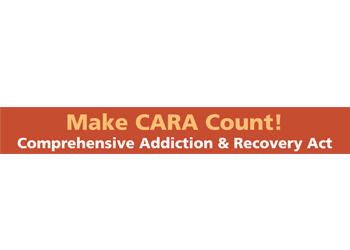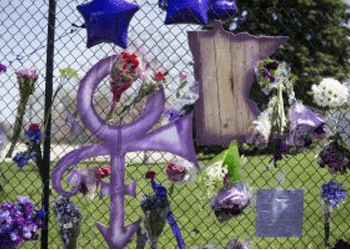Last month, four Minnesotans participated in the first Mobilize Recovery conference, an initiative of Ryan Hampton’s Voices Project that took place in Las Vegas on July 11-12, 2019. The goal of the convening was to kick off a massive national effort to organize and train hundreds of carefully selected individuals and advocacy groups from all 50 states, Puerto Rico, and Washington, D.C. to work together and maximize impact to end America’s addiction crisis. Mobilize Recovery was one of one hundred projects worldwide selected as a part of Facebook’s Community Leadership Program.
Participants were selected through an application and invitation process, and four Minnesotans were chosen to contribute their knowledge, experience and passion to the event: Randy Anderson (Mobilize Recovery Region 5 Mentor), Christopher Lee Falck (MRC Peer Recovery Specialist), Pam Lanhart (Director, Thrive Family Support, an advocate and ally for the recovery community), and Tim Rabolt (Executive Director, Association of Recovery in Higher Education).
MRC caught up with these recovery movers and shakers and got their thoughts about the experience.
What motivated you to apply to attend the Mobilize Recovery Conference?
Randy: What really motivated me is Ryan Hampton’s passion, motivation and drive. I feel very fortunate to call Ryan Hampton my friend. We originally connected through Facebook a few years ago. I’ve never seen anyone rise to the top so quickly as Ryan has. His personality is contagious, and you can’t help but want get involved with whatever he’s undertaking.
Christopher: Strengthening the Recovery Movement!
Pam: As a family member impacted by substance use, I’m passionate about family recovery and the family voice. If we are going to have stakeholders at the table, families need to be represented. I want to show that whole families can recover and healing is possible. It is almost always the family that initiates help first and there are far too many roadblocks they encounter. They are almost always vilified as part of the problem but a healthy family can be the beginning of the solution.
Tim: I was invited to attend!
It was clear that Minnesota is on the cutting edge of many initiatives for change in the treatment of substance use. I am honored to live in a state where we have some model programs such as Little Falls and Moorhead. I am looking forward to engaging in the community conversations to help make our systems even better. – Pam Lanhart
What’s the one thing that you valued most about the experience?
Randy: For me it was the participants. Often times when doing recovery advocacy or fighting to change systems, one thinks they’re alone with the struggle. This was the first conference, town hall meeting, community forum or event that I’ve attended in the last five years of doing advocacy where I’ve been in a room with 129 other advocates from every corner of this country. Most events are filled with individuals we refer to as grasstops, this was mostly grassroots, people like me working hard, often times for no financial compensation, because it’s the right thing to do – clawing, kicking, screaming, yelling, whatever it takes to get the job done.
Christopher: Networking, Seeing that we’re not alone in this fight!
Pam: The diversity of voice and perspective. There were people representing almost every pathway to recovery. Knowing that we are all different but creating a unified voice to help create pathways for recovery was humbling and inspiring.
Tim: The conversations with individuals from so many different backgrounds, demographics, and geographic locations.
What do you plan to do next as a Recovery Advocate?
Randy: Thanks to Ryan Hampton, Facebook and The Voices Project we are going to start to coordinate efforts that each community identifies as a need or issue for them. I’m excited to see what’s next for all of us!
Christopher: Run for Region 5 state representative. We have some good recovery advocacy leaders that are living up to our high expectations – I am excited to be contributing to the movement.
Pam: I will participate in Region 5’s initiatives, whatever is agreed upon as the greatest need. I am also passionate about diminishing stigma among first responders, such as hospitals and police departments, as well as continuing to work with families to help them understand that addiction is a disease that should be treated as a medical issue with proper loving, compassionate responses.
Tim: I think we have not even scratched the surface nationally in terms of the potential of the recovery movement- particularly around scaling recovery support services. Every community needs access to and availability of quality recovery support services- and that’s what I will keep pushing for.




